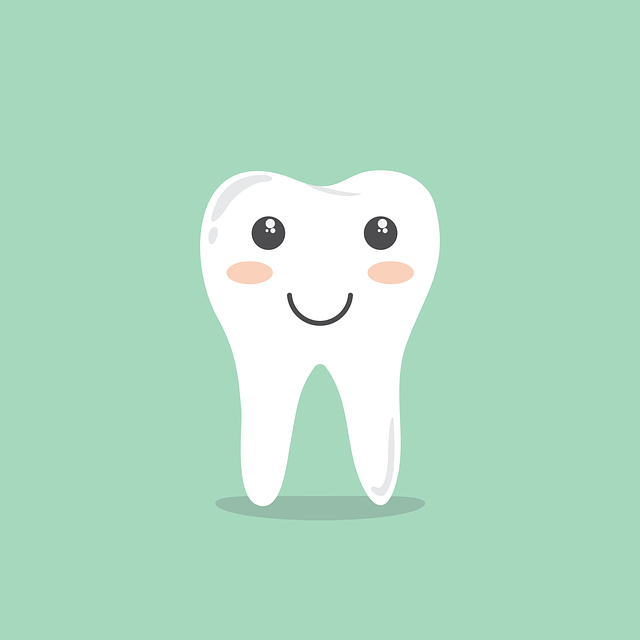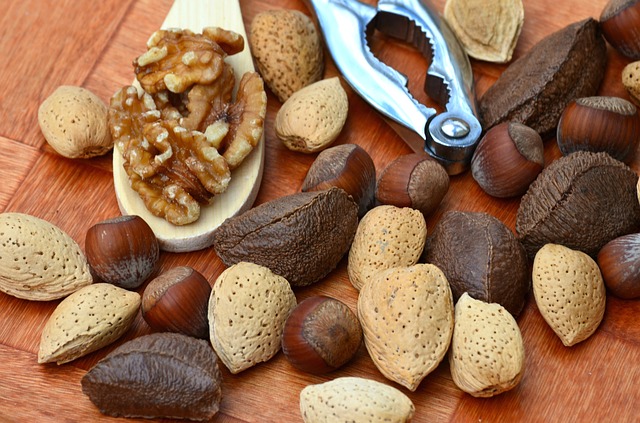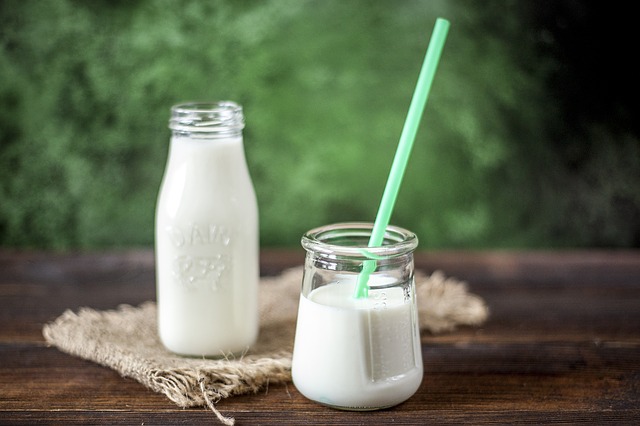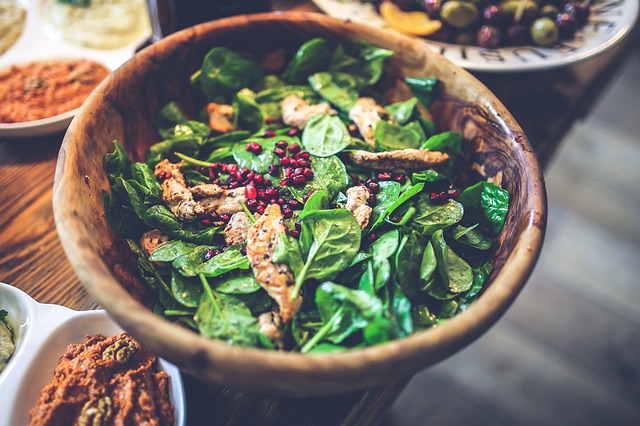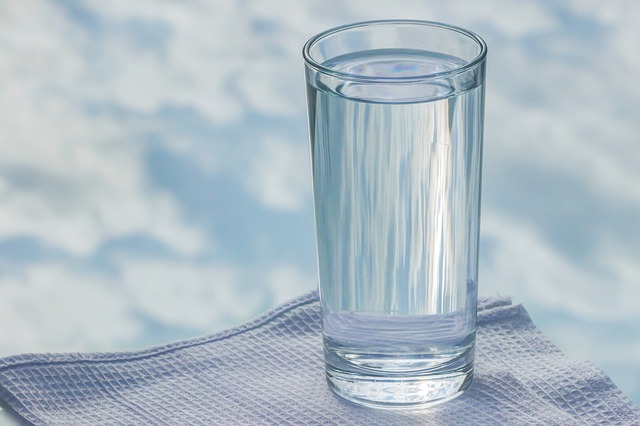Safe Summers

Best Ways To Protect Yourself From Heat
Summer is a time to enjoy outdoor activities and eat a variety of foods such as ice-cream and cool drinks. But this weather poses challenges and can result in various health concerns. To have a happy and safe summer, one needs to be extra careful to prevent the hazardous effects of the weather. Here’s a list of some methods which will help you stay cool and safe this summer.
Stay away from heat during peak heat hours and protect yourself.
Try to stay inside especially from noon to around 3 pm, when the sun’s rays are directly perpendicular. If you have to go out cover your eyes and wear wide brimmed hats to protect yourself. Try to wear loose fitted clothes and protect yourself from getting exposed to direct sun and use sunscreen with a high SPF content whenever possible.
According to the Centers for Disease Control and Prevention (CDC) using air conditioners at home is the best way to protect oneself from heat-related illnesses.
Hydrate yourself
Dehydration can lead to various problems such as heat stroke. It is extremely essential to keep oneself hydrated, so keep on drinking water and liquids all around the day to keep yourself hydrated. A good amount of water is lost during perspiration; hence to compensate the lost water one must drink at least 7-8 glasses of water each day. It is also good to consume fruits and vegetables high in water content such as watermelons.
If you are dehydrated, you may experience below signs and symptoms:
- Excessive thirst
- Dry mouth
- Headache
- Cramping in muscles
- Confusion
The best way to prevent dehydration is to slowly start consuming water. However, one must be careful not to guzzle an entire glass at an instance, as it might add an extra load to the stomach. Alcohol should be avoided, as it leaves the body dehydrated.
Be extra vigilant, if you suffer from below problems:
Heat cramps
Dehydration can lead to painful muscle cramps in legs and abdomen. Start massaging the cramped area and start rehydrating your body by slowly consuming water.
Heat exhaustion
Heat exhaustion is a serious condition which happens due to an extreme exposure to hot weather conditions. Usually, such individuals perspire heavily and their skin turns cold and clammy. It’s important to immediately shift the affected person to an air-conditioned environment. Rehydrating the person slowly with the water is essential to reverse heat exhaustion.
Heatstroke (or sunstroke)
Long hours of exposure or extreme physical exertion under the summer sun can lead to an extremely dangerous condition known as heat stroke. Unlike with heat exhaustion, people experiencing heatstroke have hot dry skin and a high body temperature — and they often have stopped sweating.
Sun and skin cancer
Sun rays have ultra violet light, which is extremely dangerous to the skin; exposure can result in skin tanning and ultimately can lead to skin cancer. Extreme exposure to sun can also cause sunburn, eye damage, and premature wrinkles.
It is important to cover oneself with proper clothing; broad-spectrum sunscreen with a sun protection factor (SPF) of 30 or higher and staying indoors can also help one from the damage caused to skin.
How to choose a good sunscreen to protect your skin?
According to US Food and Drug Administration regulations require labels to follow certain guidelines. Below are certain labels which should be present, while you are choosing a sunscreen for yourself:
- Choose a sunscreen with “broad-spectrum” protection. A broad spectrum sunscreen means it should protect against both UVA and UVB radiations. UVB radiations cause sunburns and most of the sunscreen protect against it. But, UVA radiations cause skin cancer and ageing. Hence, a broad spectrum sunscreen should only be used.
- Choose sunscreen with SPF 30 or higher. Sunscreen with higher SPF not only protects for a longer period of time, but also has the capacity to filter higher percentage of UV rays. Example: SPF 15 sunscreens filter out about 93% of UVB rays, while SPF 30 sunscreens filter out about 97%; SPF 50 sunscreens filter about 98%, and SPF 100 filter about 99%. According to FDA sunscreens with SPF 15 or lesser protect only against sun burns not against the skin cancers.
- While choosing sunscreen you must be carefully observe that “Water resistant” does not mean “waterproof.” No sunscreens are waterproof or “sweat proof”. It is advisable to reapply sunscreen after every 2 hours.
Protect yourself from viral diseases-cold, flu and viral fever
During the summer, the body weakens and becomes susceptible to viral infections. You can take some preventive steps to protect yourself against infections. Below are few steps which you can take:
- Ask your doctor if you can have a flu vaccination.
- Wash your hands regularly and keep your surroundings clean.
- Consume antioxidant rich foods, foods with lots of vitamins and minerals to strengthen your immune system.
- Exercise regularly to keep your immune system fight against infection.
Protect yourself from mosquito borne diseases
Indian summers harbor mosquitoes, especially during the monsoons. Mosquito-borne diseases result primarily due to viruses, bacteria or parasites and are transmitted by mosquito bite. To protect yourself from dangerous diseases like malaria, dengue take below mentioned preventive steps:
- Use a mosquito repellent
- Plan your day outdoor activities when mosquitoes are less active
- Wear full covered clothes
- Avoid standing water
- Use a mosquito net
- Keep the air circulated by using fans. It will make mosquitoes difficult to fly near you
Water-borne illnesses
Summers also harbor many water-borne illnesses like Jaundice, cholera and diahrrea. To protect from those infections follow some below mentioned steps by:
- Practicing good sanitation methods.
- Drinking boiled or chemically treated water
- Avoid contaminated foods such as street foods
- Food consumed should be properly cooked, as these viruses are heat prone and get killed easily with boiling and heating.
- Avoid raw vegetables and fruits that cannot be peeled
- When you eat raw fruit or vegetables that can be peeled, peel them yourself.
- Wash your hands properly before consuming food.



